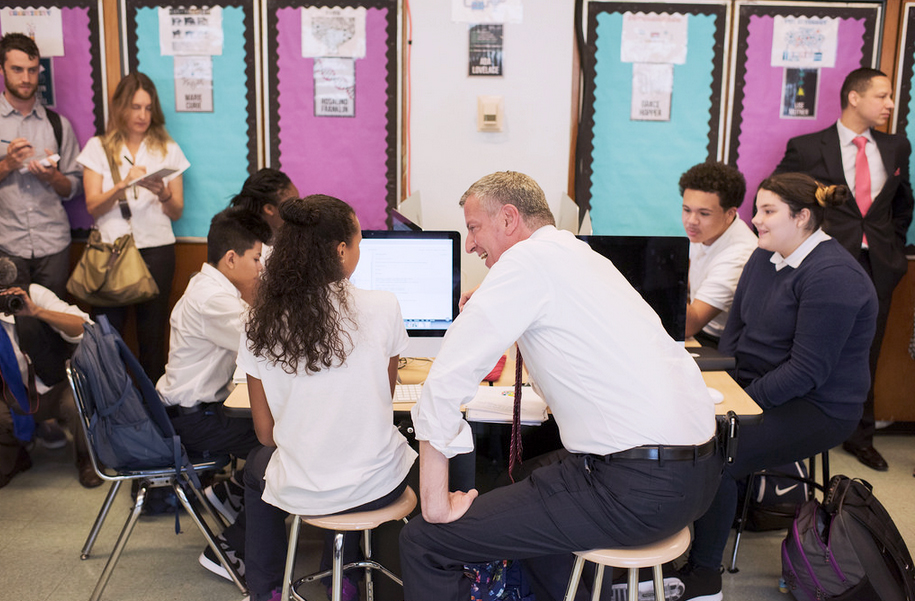Free wi-fi hotspots coming for disadvantaged NYC school students
One-third of Brooklyn families lack internet access

In an age where the internet is ubiquitous and essential, it’s shocking to learn that a substantial percentage of New York City public school students lack an internet connection at home.
In Brooklyn, one-third of kids don’t have access to the internet after school, leaving them unable to complete homework assignments and causing them to fall behind their classmates. Across the city as a whole, one-fifth of students lack access to the internet.
To help remedy this situation, Schools Chancellor Carmen Fariña announced on Thursday that the city is partnering with its three library systems, Google and Sprint to offer free Wi-Fi hotspots available for year-long rental to public school students and families.

Brooklyn Boro
View MoreNew York City’s most populous borough, Brooklyn, is home to nearly 2.6 million residents. If Brooklyn were an independent city it would be the fourth largest city in the United States. While Brooklyn has become the epitome of ‘cool and hip’ in recent years, for those that were born here, raised families here and improved communities over the years, Brooklyn has never been ‘uncool’.